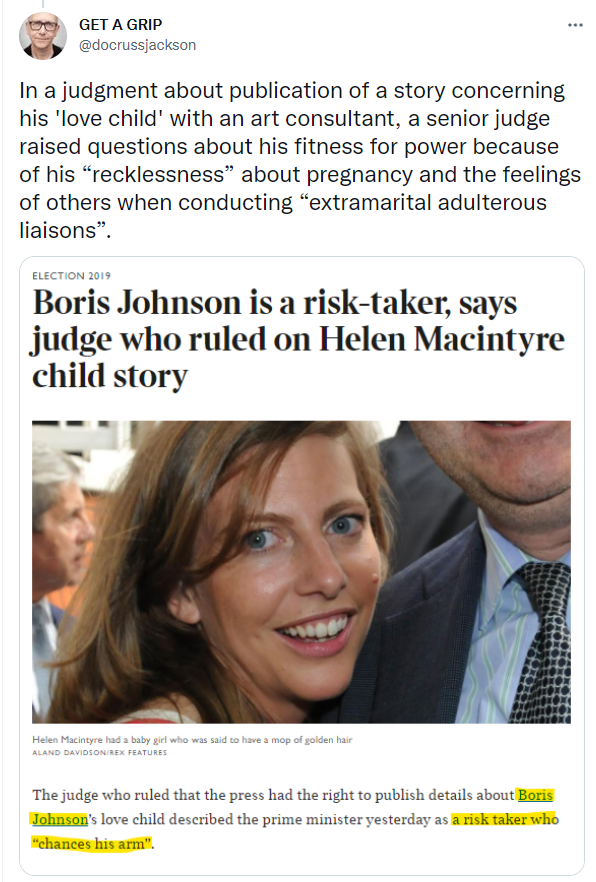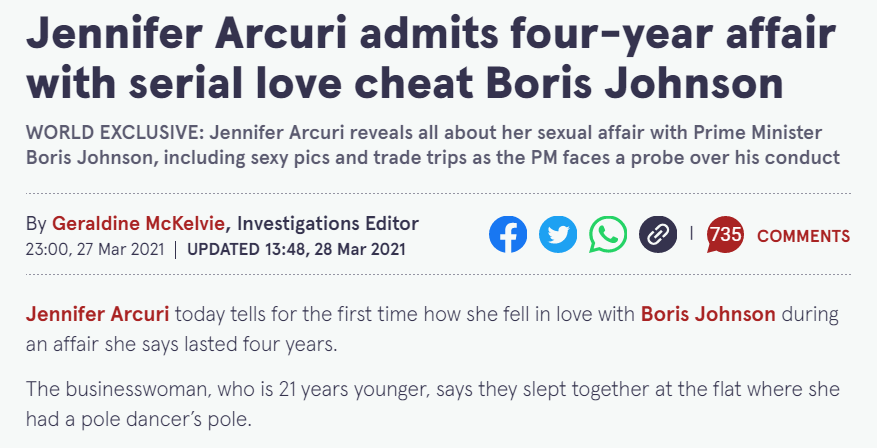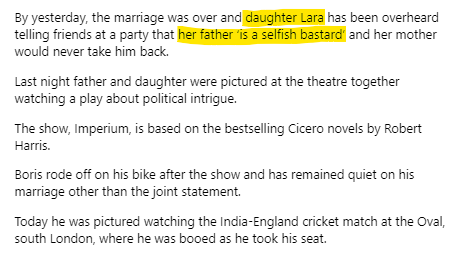
Interactive @YouGov tracker, asking "what are the most important issues facing the country at this time?"
Includes options such as health, immigration, crime, the economy, environment etc, with a breakdown by age, gender, politics, region & social grade.
yougov.co.uk/topics/politic…
Includes options such as health, immigration, crime, the economy, environment etc, with a breakdown by age, gender, politics, region & social grade.
yougov.co.uk/topics/politic…
The issues deemed most important overall (latest poll 29th November):
Health: 51%
The economy: 41%
The environment: 39%
Britain leaving the EU: 26%
Immigration & asylum: 26%
Crime: 17%
Housing: 16%
Education: 11%
Welfare benefits: 10%
Defence/security: 8%
Tax: 7%
Pensions: 7%
Health: 51%
The economy: 41%
The environment: 39%
Britain leaving the EU: 26%
Immigration & asylum: 26%
Crime: 17%
Housing: 16%
Education: 11%
Welfare benefits: 10%
Defence/security: 8%
Tax: 7%
Pensions: 7%

Overall, 26% think 'immigration & asylum' is the most important issue: among 8 - 24 yr olds it's just 12%, but ask the over 65s & it's 48%.
Whereas for 'the environment', it's the most important issue for 39% overall, 46% among 18-24 yr olds, & just 29% for the over 65s.
Whereas for 'the environment', it's the most important issue for 39% overall, 46% among 18-24 yr olds, & just 29% for the over 65s.

This helps to explain why the UK Government simply doesn't care about young people, & why the number of young homeless people in England this #Christmas (29,000 18-34-year-olds) could reach the highest number since this data was first recorded in 2016.
bbc.co.uk/news/newsbeat-…
bbc.co.uk/news/newsbeat-…
• • •
Missing some Tweet in this thread? You can try to
force a refresh













